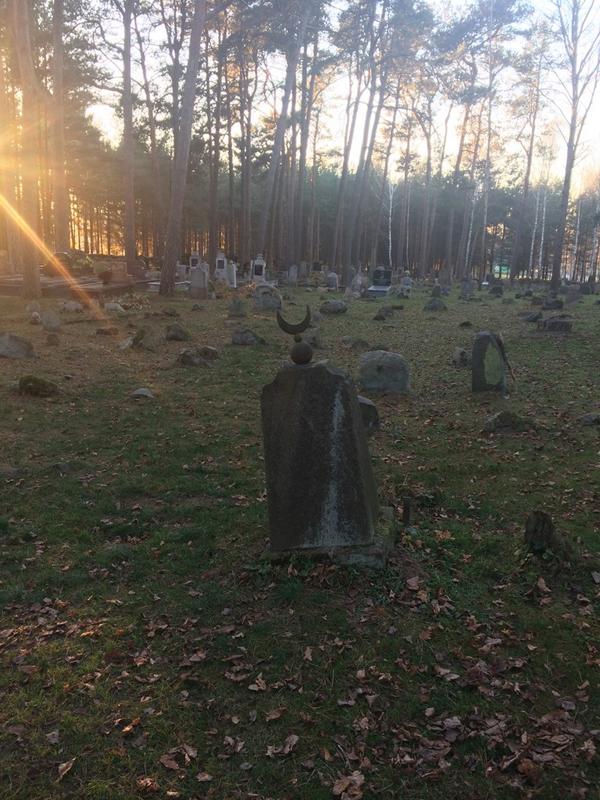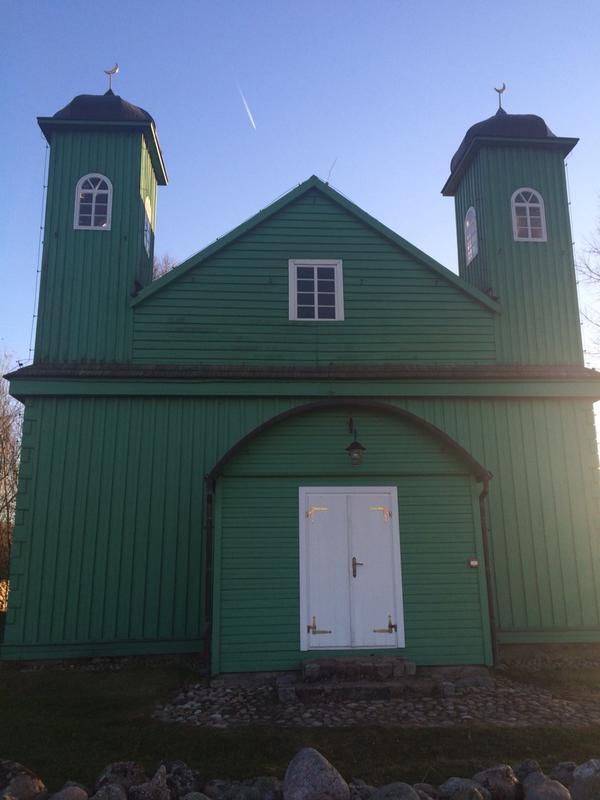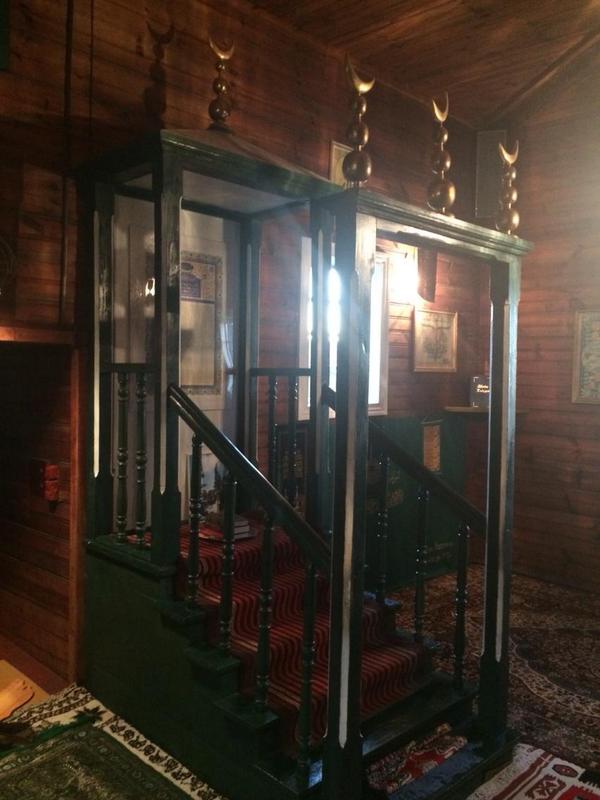The Changing Face of Hate in Poland: From Antisemitism to Anti-Muslim Hatred
- A chronology of Islamophobic incidents in Poland demonstrates how some have exploited international events to attack Islamic institutions, including an attack on a mosque in Poznań, shortly after the Charlie Hebdo terror attacks in Paris in January 2015,
- Polling of European countries in 2016 found that negative views of minorities and refugees were commonplace. Negative views of Muslims were widespread in Italy (69%), Hungary (72%), and Poland (69%). It is perhaps unsurprising that almost a quarter of Poles interviewed expressed negative opinions towards Jewish communities. Ideological leanings to the right were indicators of increased unfavourability towards Muslims.
- Anti-refugee sentiment remains stubbornly high in Poland, even though the country has hardly taken in refugees post the Syria civil war. For example, just over half of Poles polled who expressed favourable views of Muslims had agreed that refugees pose a threat, though this jumps to 81% amongst the Poles who expressed unfavourable views of Muslims. Outside of Hungary, Poles expressed the most concern (71%) that refugees will increase the risk of domestic terrorism. Almost of a third of Poles agreed that Muslims in their country support ISIS, as a similar number declined to answer this question. As with other countries, Poles also overwhelmingly agreed that refugees were ‘drains’ on the welfare system.
- Perhaps these factors help explain how many Europeans uniformly overstate the size of their respective Muslim populations. In Poland, researchers found that on average, Poles believed that of every 100 people, seven are Muslim. The reality is that this figure is under 0.1%.
- Regarding population shifts, Poles believed that Muslims would make up 13% of the population in 2020. Pędziwiatr (2016) attributes this perception gap to the misinformation presented in sections of Polish press and by certain public figures.
- Social researchers, Gawlewicz and Narkowicz (2015), highlight how the rich Islamic history of the region is ignored, demonstrating how this panic is a modern problem, and reflective the political shifts in Poland in recent years. Some of the key social agitators, highlighted in the Faith Matters report are based in the UK and Poland.
- The history of the Polish Muslim Tatars is completely overlooked by social commentators who promote anti-Muslim hate, as though hundreds of years of engagement with Muslims that have shaped and made up a part of Poland’s history, simply do not exist.
The post The Changing Face of Hate in Poland: From Antisemitism to Anti-Muslim Hatred appeared first on Faith Matters.
Categories: anti-Muslim hatred, Antisemitism, Britain First, Jacek Miedlar, Jayda Fransen, Marian Kowalski, Miriam Shadad, News, Piotr Ryback, Piotr Szlachtowicz, Weronika Kania, Wroclaw




 There are 56 ‘Monuments of History’ in Poland which provide a national protected status to historical, cultural and religious monuments in the country. The two Tatar Muslim mosques in Kruzyniani and Bohiniki have protected status as Monuments in History.
There are 56 ‘Monuments of History’ in Poland which provide a national protected status to historical, cultural and religious monuments in the country. The two Tatar Muslim mosques in Kruzyniani and Bohiniki have protected status as Monuments in History. It is interesting to note that one of the first organised Muslim communities in the United States was a small Tatar community that emigrated from Poland in 1890. This small Tatar community built their mosques and maintained their heritage once again in the New World and with overwhelming odds stacked against them. A look at their first constitution which was lodged to register the organisation with the State of New York shows a list of names that are clearly Turkic and Polish in their origin, yet a picture of the first founding members also shows the Turkic genetic influences that are so evident in the Tatar community to this date.
It is interesting to note that one of the first organised Muslim communities in the United States was a small Tatar community that emigrated from Poland in 1890. This small Tatar community built their mosques and maintained their heritage once again in the New World and with overwhelming odds stacked against them. A look at their first constitution which was lodged to register the organisation with the State of New York shows a list of names that are clearly Turkic and Polish in their origin, yet a picture of the first founding members also shows the Turkic genetic influences that are so evident in the Tatar community to this date.